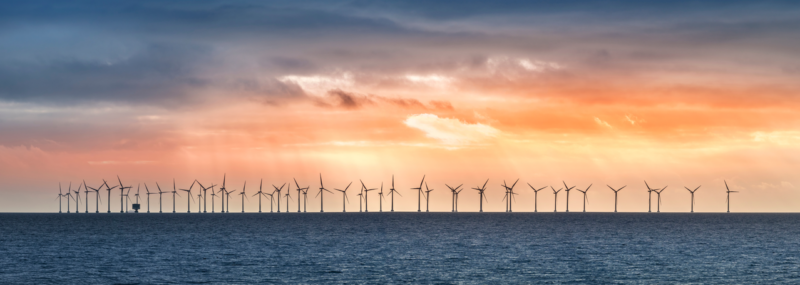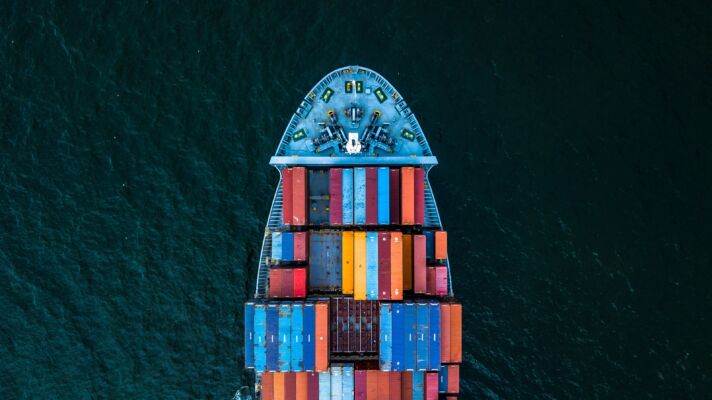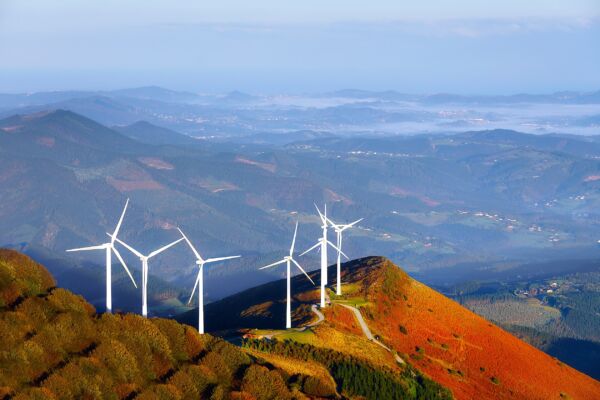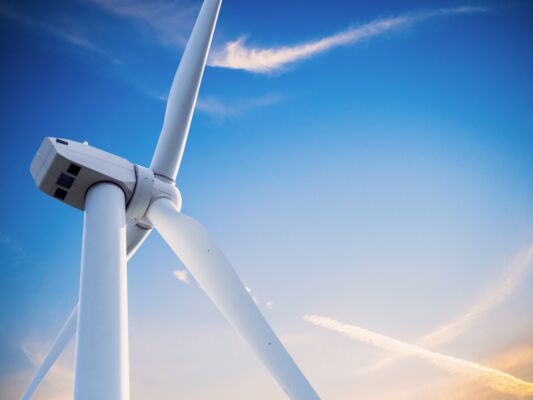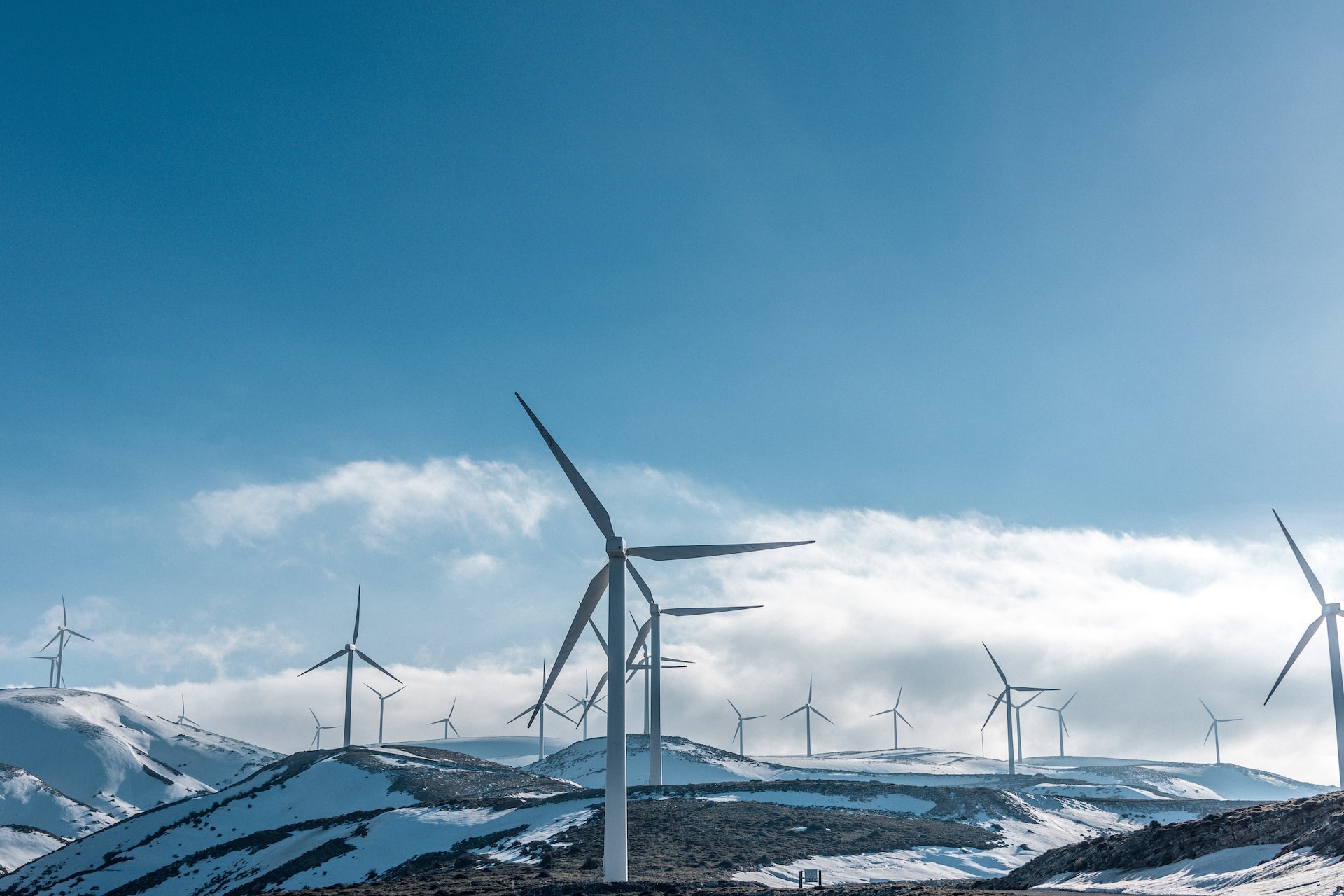At no extra kust – A new offshore wind farm off the Netherlands’ coast
The world's largest offshore wind farm, Hollandse Kust Zuid, is being built in coastal waters of the Zuid-Holland province. What makes this project particularly special is that it is the first to be developed without the need for government subsidies. Oh, and it is absolutely enormous!
Ammonia fueling the future – Winds of change for the shipping industry?
In the shipping industry, fossil fuels are still a widespread choice for ship propulsion. But now, with a plausible alternative on the horizon, the shipping industry may soon be able to tap into the benefits of wind energy.
Digital goes green – Wind power’s potential in data centers
The volume of power needed to fuel the digitalizing world is growing – and fast. Colocation providers, who lease out data center capabilities, feel the pressure from eco-conscious customers to offer a green product. Wind power could be the perfect solution.
Looking to the skies – New test center for airborne wind energy in Ireland
The wind industry is well established on ground and is gradually going the same way offshore. But there is another option in development – airborne. At high altitude, there are wind velocities even offshore wind turbines could not handle, and energy producers are desperate to harness it.
What’s in store? – Solutions for stockpiling the wind and sun
Energy, energy everywhere – but what are we going to do with it all? Consumption is of course on the increase, but storing energy harnessed from renewable sources is an issue that global players are keen to solve sooner rather than later.
Pro-active monitoring – How artificial intelligence can reduce false alarms
When false alarms occur in a wind turbine, they can incur high costs and waste operators’ valuable time. To reduce the amount of such incidents, SKF has developed Protean, leveraging AI technology based on SKF @ptitude software to monitor wind turbine drivetrains in an automated fashion.
NEOM: The future’s new home? – All about the Red Sea’s green city
In renewable energy’s relatively short existence, no project as ambitious as NEOM has ever been dreamed of. But Saudi Arabia’s potentially greener-than-green city is now under construction. Compared with the erection of the pyramids, but ready in ten years, NEOM and THE LINE represent a massive mindset shift in the region.
High output. Low weight. – Wind energy’s superconducting future
In Denmark, the world's first wind turbine with a high-temperature superconducting material generator was tested as part of the EU-funded EcoSwing project. The new technology promises cost savings and higher performance potential compared to conventional wind turbines thanks to its low weight. Could this be the future of wind energy?
To efficiency and beyond – How NASA could revolutionize offshore wind
Originally developed to absorb vibration in rockets, NASA’s Fluid Structure Coupling technology could provide added stability to floating wind turbines in the future. This would lead to more efficient power generation and cost savings – potentially putting the offshore industry at a competitive advantage.
